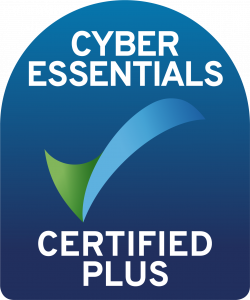Trust Centre
Overview | Security | Privacy | Policies | Assessments
Cyber Essentials (UK)

The Pulsar Group (formerly Access Intelligence), based in the UK (Pulsar, Vuelio, ResponseSource), has achieved the UK’s Cyber Essentials Plus certification.
Cyber Essentials is a UK government-driven initiative to promote high standards in cyber security practices across all industries and sectors.
Developed as part of the UK’s National Cyber Security Programme, the UK Government worked with the Information Assurance for Small and Medium Enterprises (IASME) consortium and the Information Security Forum (ISF), to provide a clear statement of the basic controls that all organisations should implement to mitigate the risk from common internet-based threats, within the context of the Government’s 10 Steps to Cyber Security.
Cyber Essentials Plus offers greater security assurance than Cyber Essentials by including an independent external audit, which verifies the effectiveness of an organisation’s security measures.
View the Cyber Essentials Plus certificate